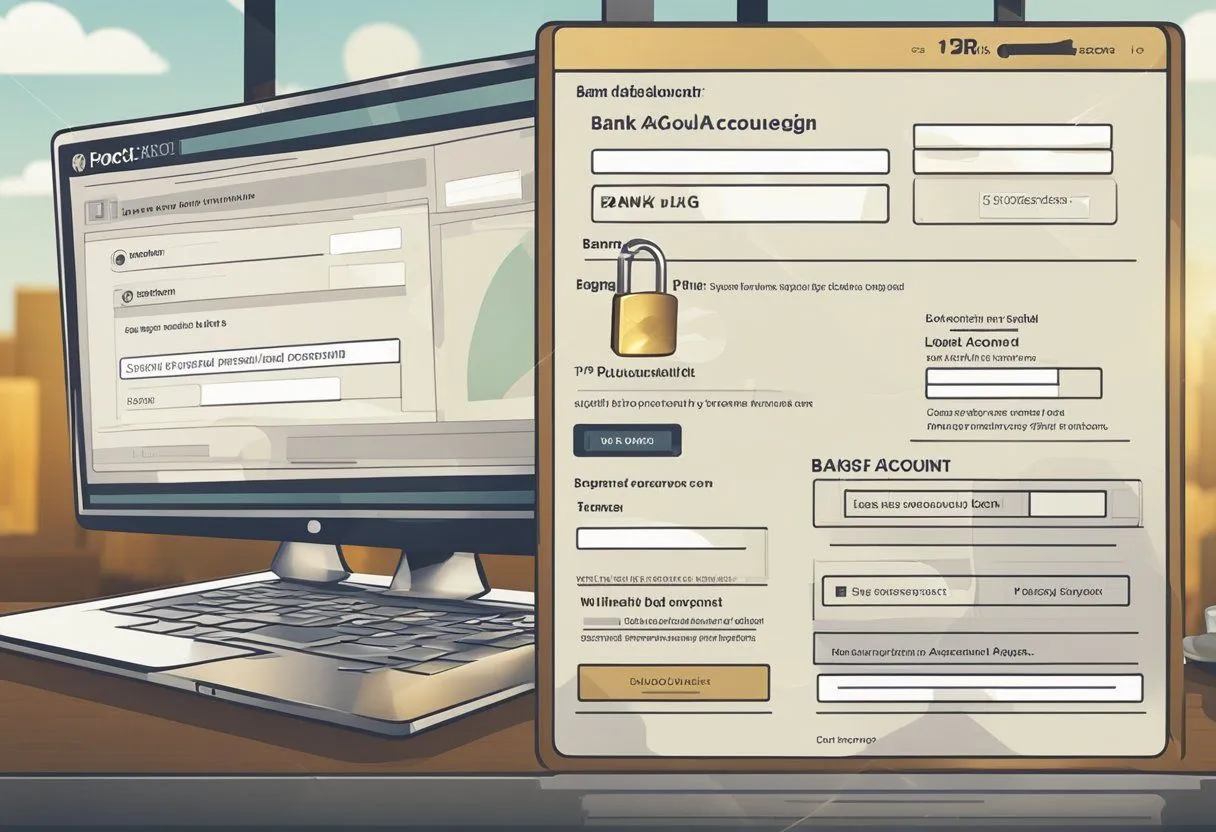Financial Pitfalls to Avoid in Your 30s and 40s
Many people in their 30s and 40s are juggling multiple financial responsibilities, such as paying off student loans, saving for retirement, and potentially supporting a family. With so much on their plate, it can be easy to overlook certain financial pitfalls that could have long-term consequences. In this article, we will explore some common financial missteps that individuals in their 30s and 40s should be aware of and avoid.
One common pitfall is overspending on non-essential items, such as dining out or purchasing luxury goods. While it may be tempting to indulge in these treats, overspending can quickly add up and detract from long-term financial goals. Additionally, individuals in this age range may be tempted to take on too much debt, such as taking out large mortgages or car loans. While debt can be a useful tool, it can also become a burden if not managed carefully. In this article, we will explore strategies for managing debt and avoiding overspending.
Another financial pitfall to avoid is failing to plan for the future. While retirement may seem far off, it’s important to start saving early to ensure a comfortable retirement. Additionally, individuals should have a plan in place for unexpected events, such as job loss or medical emergencies. In this article, we will discuss the importance of creating a financial plan and offer tips for building a solid financial foundation.
Understanding Financial Pitfalls

In your 30s and 40s, it’s important to be aware of the financial pitfalls that can hinder your financial success. Understanding these pitfalls can help you avoid them and make better financial decisions.
One of the most common financial pitfalls is overspending. It’s easy to fall into the trap of spending more than you earn, especially when you have credit cards and easy access to loans. However, overspending can lead to debt, which can be difficult to get out of.
Another financial pitfall to avoid is not saving enough for retirement. It’s important to start saving for retirement as early as possible, so you have enough money to live on when you retire. Many people in their 30s and 40s don’t think about retirement because it seems so far away, but the earlier you start saving, the more time your money has to grow.
Investing in the wrong things can also be a financial pitfall. Some investments may seem like a good idea at the time, but they can turn out to be a bad investment in the long run. It’s important to do your research and invest in things that have a proven track record of success.
Finally, not having an emergency fund can be a financial pitfall. Emergencies can happen at any time, and if you don’t have money set aside for them, you may have to rely on credit cards or loans to cover the costs. This can lead to debt and financial stress.
By understanding these financial pitfalls, you can take steps to avoid them and make better financial decisions in your 30s and 40s.
Avoiding Common Financial Mistakes in Your 30s

When it comes to your finances, your 30s can be a crucial time. It’s a period when you may be starting a family, buying a home, and advancing in your career. But it’s also a time when you can make some costly mistakes that can set you back financially. Here are some common financial mistakes to avoid in your 30s.
Overspending on Housing
One of the biggest mistakes people make in their 30s is overspending on housing. While it’s tempting to buy a big house or rent a luxury apartment, it’s important to keep your housing costs in check. Ideally, your housing expenses should not exceed 30% of your income. If you spend more than that, you may struggle to save for other important goals, such as retirement or your children’s education.
Not Investing in Retirement
Another mistake people make in their 30s is not investing enough in their retirement. It’s easy to put off saving for retirement when you’re in your 30s, but the earlier you start, the better off you’ll be. Ideally, you should be saving at least 15% of your income for retirement. If you’re not sure where to start, consider working with a financial advisor to create a retirement plan.
Ignoring Debt
Finally, ignoring debt can be a costly mistake in your 30s. Whether it’s credit card debt, student loans, or a car loan, it’s important to tackle your debt head-on. Make a plan to pay off your debt as quickly as possible, and consider consolidating your debt if it makes sense for your situation. The longer you wait to pay off your debt, the more you’ll pay in interest over time.
By avoiding these common financial mistakes in your 30s, you can set yourself up for a more secure financial future.



